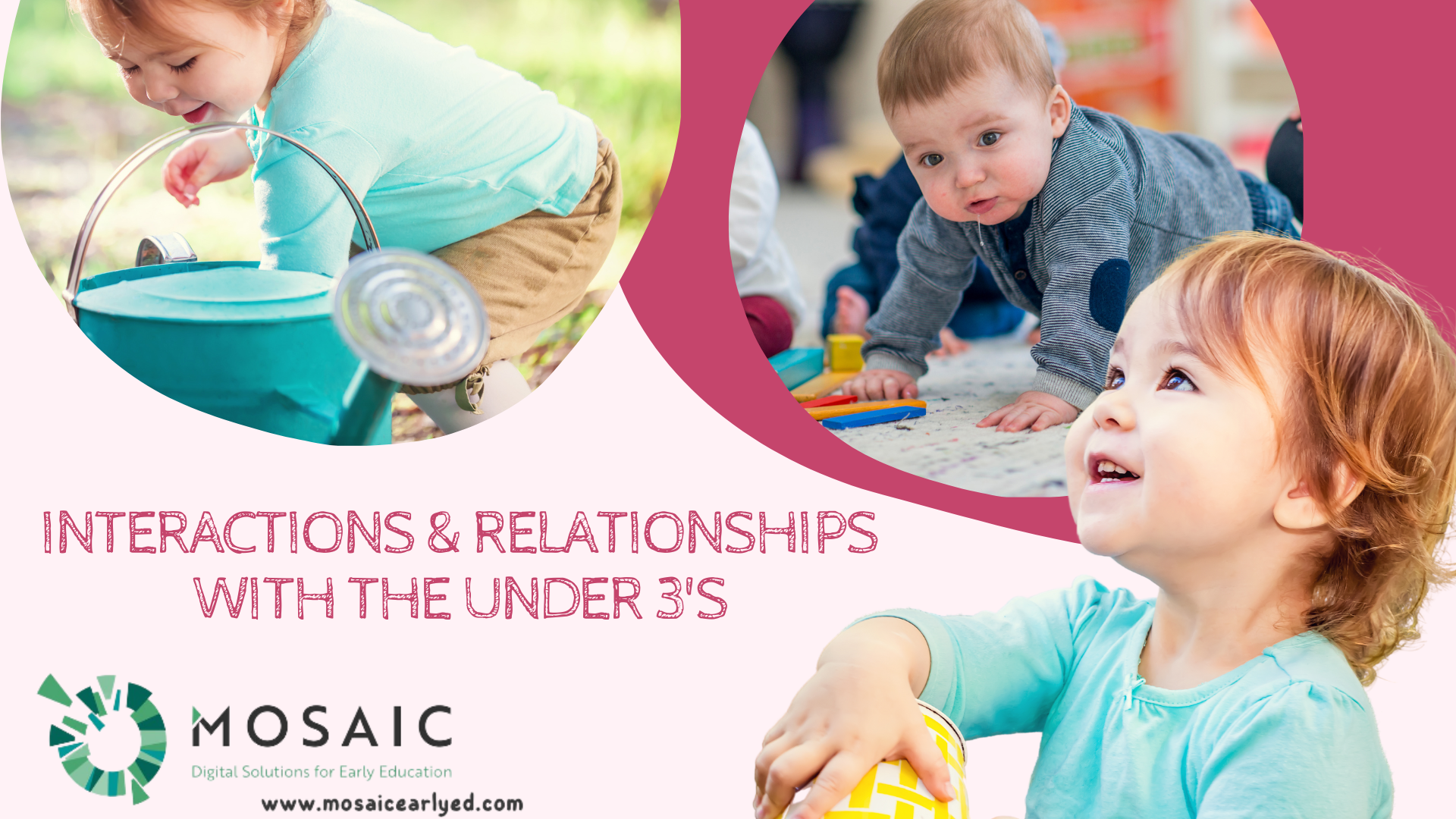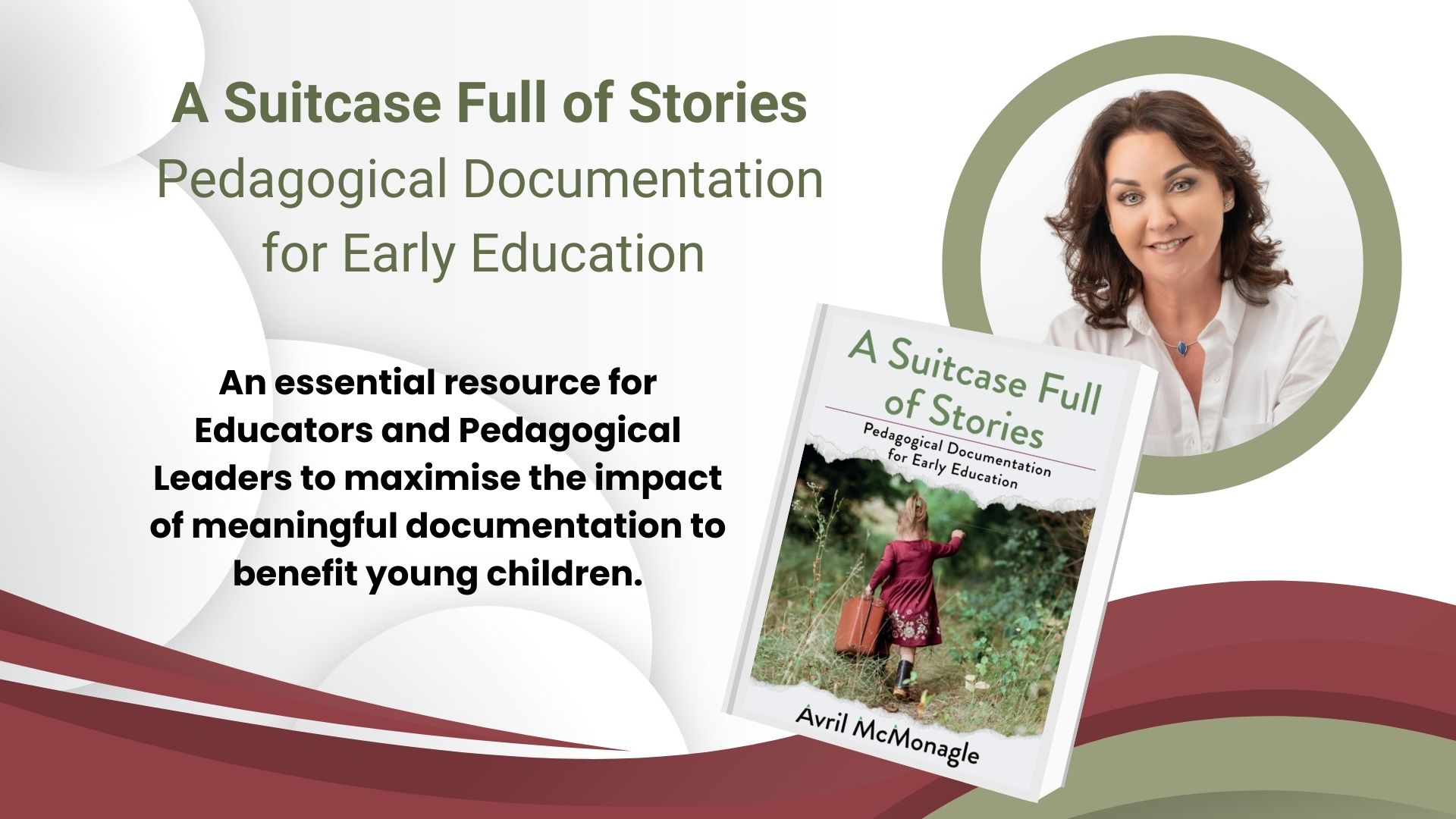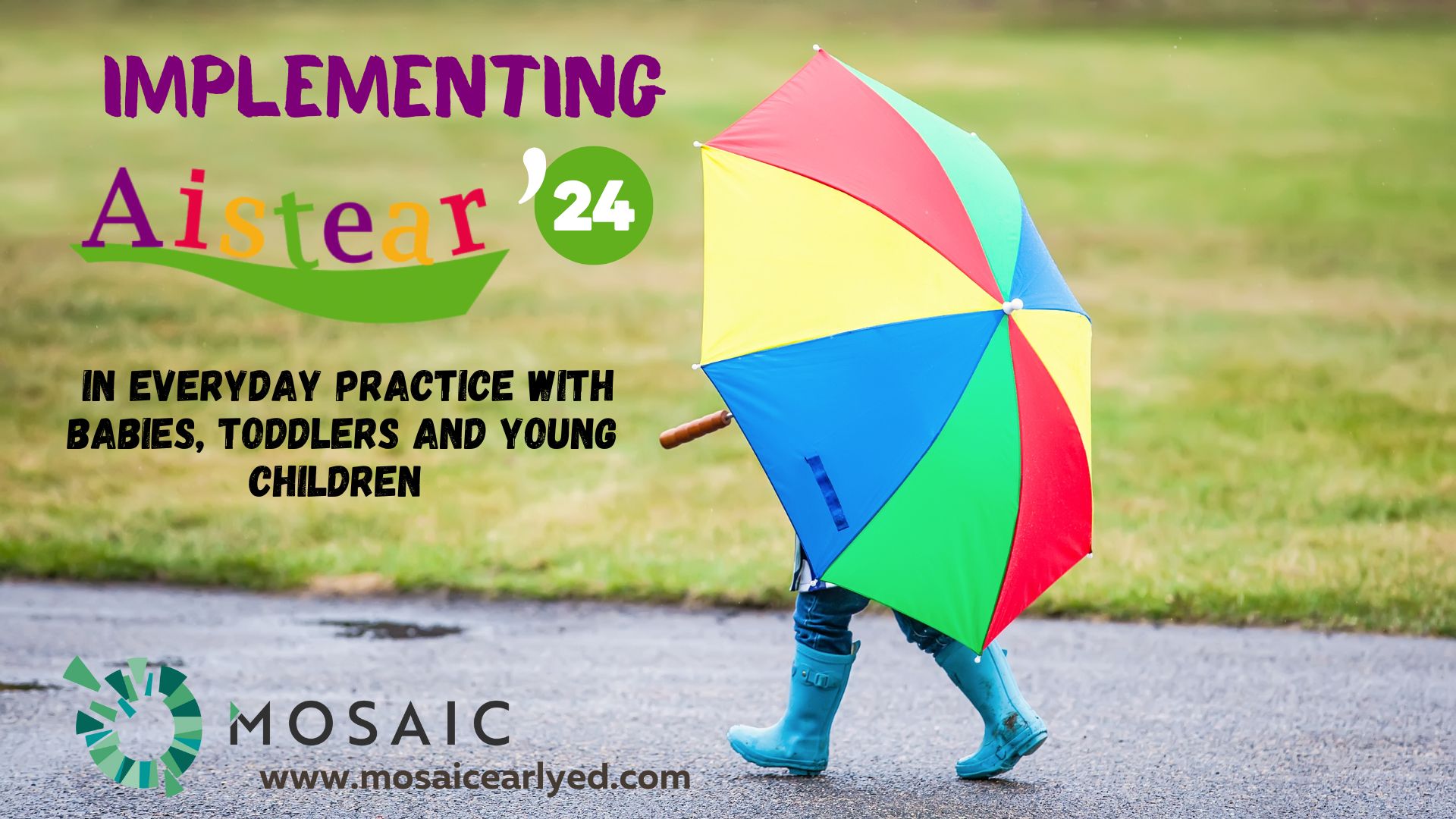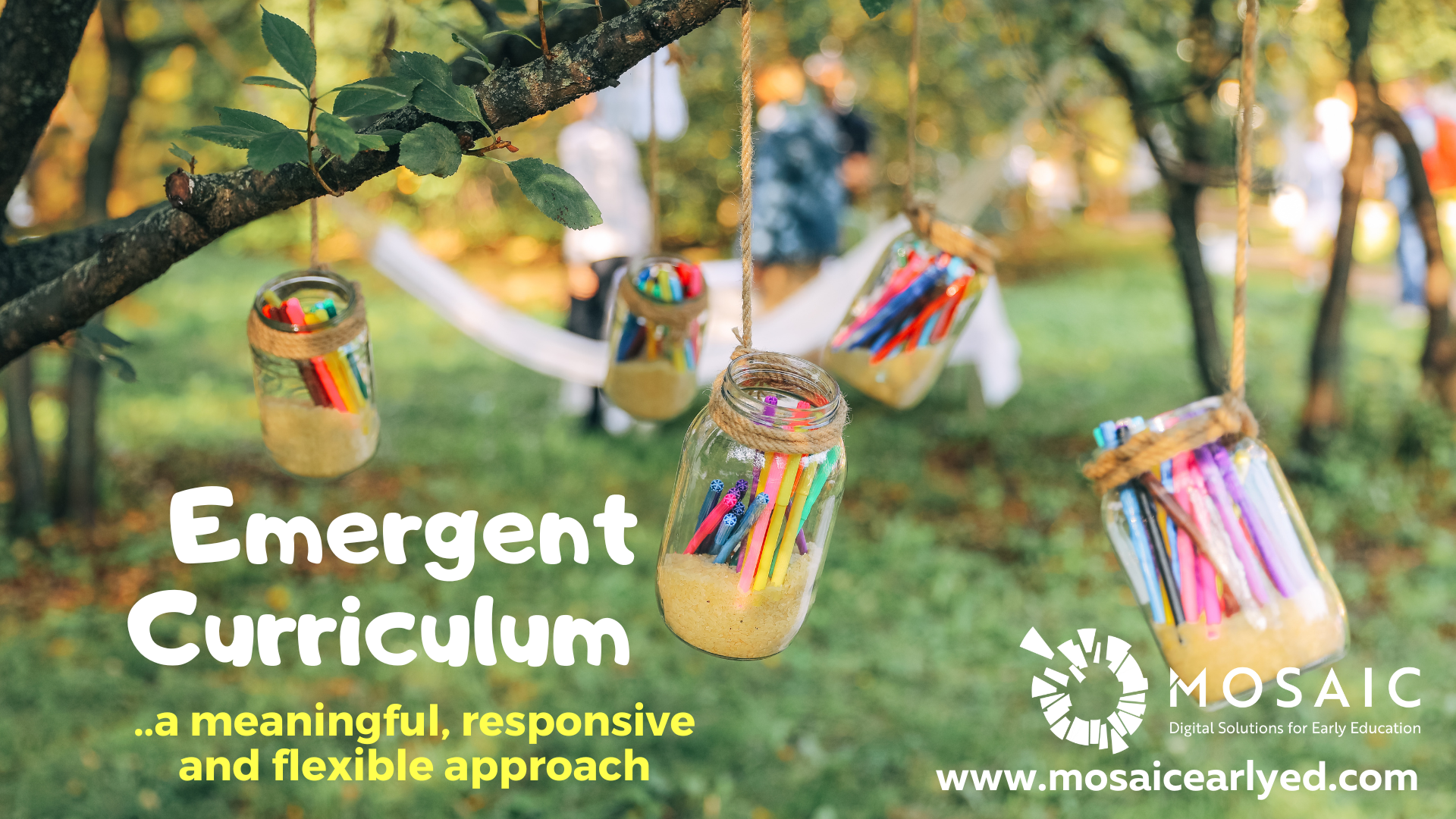Interactions and Relationships with the Under 3's
Programme Introduction
Quality can be defined as an 'environment of relationships' where the consistency of interactions and attachments are the first, middle and end point of early childhood learning and care’. The quality and stability of a child’s relationships in early childhood lay the foundation for intellectual, social, emotional, physical and moral development.
'Interactions and Relationships for the under 3’s' is a practical programme that puts the spotlight on the importance of engagement and interaction strategies with very young children. The programme includes 4 components that will support educators to understand how interactions and relationships underpin quality early childhood practice. The main component of the programme explores a variety of practical everday interaction strategies and techniques for the professional educator.
The programme contains 2 self reflective excercises to enable the educator to reflect on their own practice.
The Resource Document section contains useful handouts and information blogs.
Programme Content
- Aistear and Síolta principles on relationships
- Continuum of Interaction Strategies
- Reflective Practice exercise.
- Serve and Return
- Everyday interactions
- Open ended communication
- Think about exercise.
- What learning am i looking for in the Under 3's
- Documenting learning for the Under 3's
- Signposting to further information to support interactions and relationships
- The Invisible Suitcase
Key Learning Outcomes
Participants will:
1. Develop an understanding of how meaningful relationships and interactions connect to the principles of Síolta and Aistear;
2. Understand and use the 'Aistear Interaction Continuum' to guide practice in this area;
3. Recognise how the stability of a child’s relationships in early childhood lay the foundation for intellectual, social, emotional, physical, and moral development;
4. Develop/refresh awareness of a range of practical interaction strategies and techniques for working and engaging with children under 3;
5. Appreciate what learning looks like in the under 3's;
6. Be aware of documentation techniques for recording the learning and development of the under 3's.
*This programme comes with useful handouts and information blogs as well as reflective practice tools.

03 Hours
€25.00
Presentation with video/audio
Easy to follow components
Downloadable reference documents
Test multiple choice questions
Certificate of Completion
You may also like
A Suitcase Full of Stories - Book information feature
0.5 Hours
Free
'Implementing Aistear 2024'
2.5 Hours
€25.00
Emergent Curriculum (2nd ed. April 2023)
2.5 Hours



